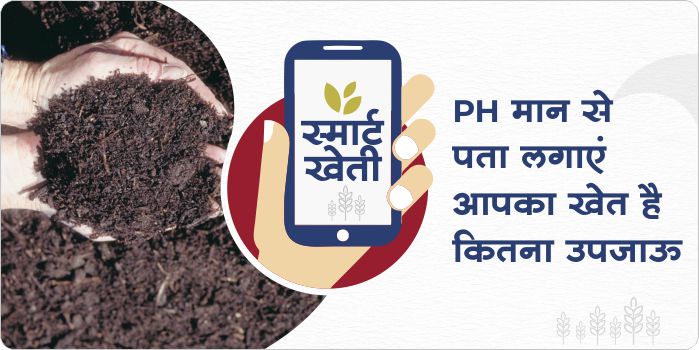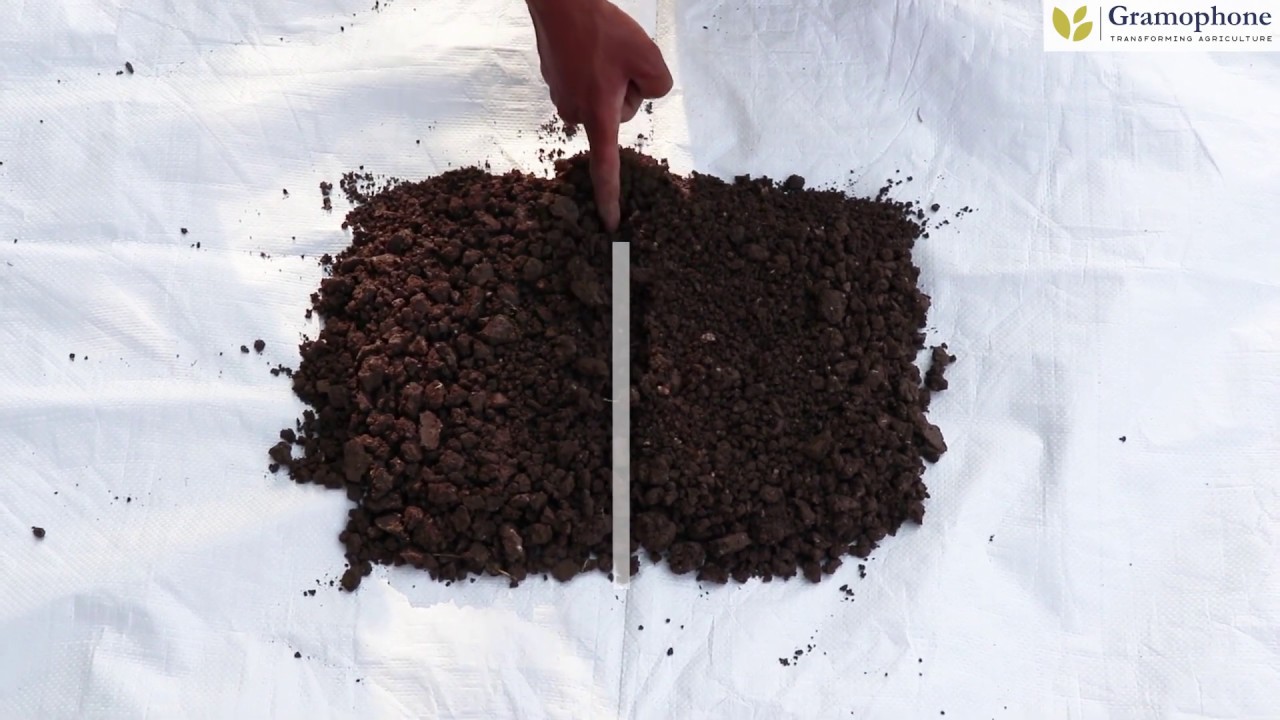-
Soil testing can detect not only the soil pH but also the electrical conductivity, organic carbon, major nutrients, and micronutrients.
-
The normal, acidic or alkaline nature of soil can be ascertained from soil pH value. Soil pH decreasing or increasing affects the growth of plants.
-
After finding out Soil pH, suitable crop varieties are recommended in problem-prone areas which can tolerate acidification and alkalinity.
-
Nutrients are most commonly received by plants between values 6.5 to 7.5 Soil pH. That is, the plant gives good yield with total growth. On the other hand, the value is less than 6.5 pH, the land is acidic and If the value exceeds 7.5 pH, the land is called alkaline.
-
Adding lime for acidic land and gypsum for alkaline land is generally recommended.

Gramophone



